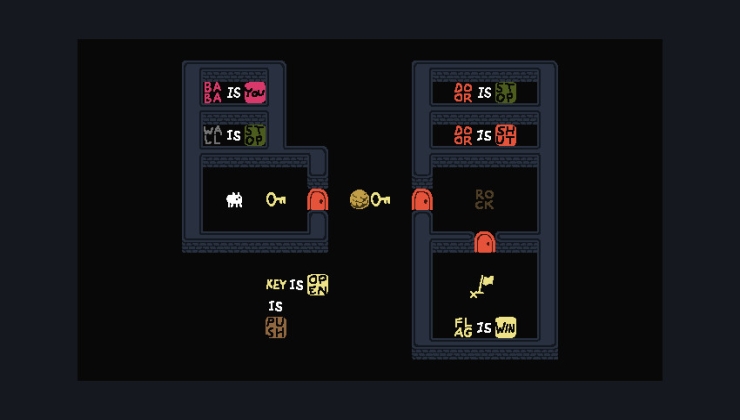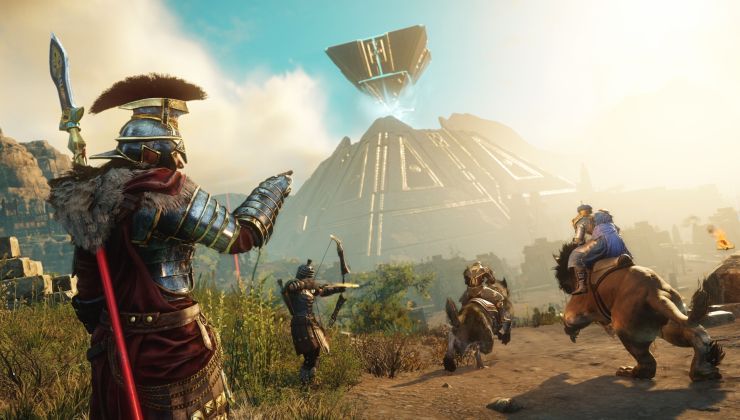Limit Theory was a once very promising looking space sim that was funded on Kickstarter. Sadly the developer cancelled it but now as promised they've opened up the source code. Most of the code is under the "The Unlicense", which is OSI approved so it is properly open source too.
Why did it all end though? Well after multiple years in development, back in 2018 the developer put a post on Kickstarter mentioning how they were out of funding and out of energy for the project as a whole. They also underestimated the sheer amount of work that would go into making such a big space sim.
It's a shame it never got finished but open sourcing was the right thing to do, since other people helped to fund it.
As an example of what it could have been, the developer did plenty of videos on their YouTube channel showing off various stages of progress on it. The below video is the last one they put out on it:

Direct Link
Last edited by beko on 27 Jul 2022 at 1:57 pm UTC
Last edited by BlooAlien on 27 Jul 2022 at 5:25 pm UTC
Basically the developer lead himself into a mental breakdown of sorts, was quite unfortunate, I honestly think he just needed to get some help with the project EARLY on instead of trying to do it all himself!
Quoting: PhiladelphusI remember coming across this years ago (though after the Kickstarter, and possibly post-dev burnout), and I still remember being inspired by one of the descriptions about why it was being made, which to paraphrase went something like "Procedural generation has a bad reputation because it often gives boring results. But that's not a limitation of procedural generation itself, it just means we need to develop better algorithms for it." (In the same way that early 3D games often looked bad, not because 3D was inherently bad, but because the tech hadn't matured yet.) While proc gen is obviously not something for every game (just as amazing 2D games continue to be made, there'll always be a need for hand-made content), I think in the intervening years we've started to see some of those "better algorithms" come about, making for some really interesting and fun games where proc gen gets used (I've spent hundreds of hours in Noita, for instance). Glad to see the code get open-sourced and excited to see what comes about from it.I guess the problem is that some games overreach bit and get into state where procedural generation starts to suck more and more time from the actual game development. Games where it works seem to be able to get away with less. Of course it's fun to to think being able to do best procedural engine out there, but it might be better to make scope of the project smaller in order to be able to deliver something in reasonable time. And maybe do several very small games that can be finished in week or so. That gives valuable experience for bigger games.
As for procedural generation getting better, at least there seems to be lot of tutorials for the 2D procedural world generation. So people don't have to figure out the basics on their own.











 How to setup OpenMW for modern Morrowind on Linux / SteamOS and Steam Deck
How to setup OpenMW for modern Morrowind on Linux / SteamOS and Steam Deck How to install Hollow Knight: Silksong mods on Linux, SteamOS and Steam Deck
How to install Hollow Knight: Silksong mods on Linux, SteamOS and Steam Deck